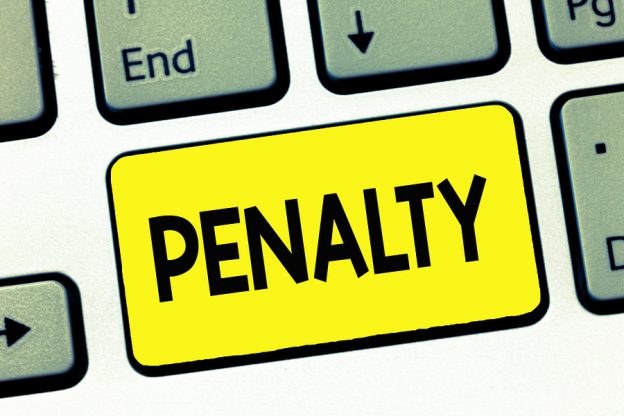
The House of Lords’ Economic Affairs Committee investigated the effect of HMRC’s increasing powers to clamp down on tax evasion and avoidance. Their report finds that some of these powers are unfair to the taxpayer and makes several recommendations to redress the balance. This includes a full review of HMRC oversight and the reach of its powers.
Lord Forsyth of Drumlean, Economic Affairs Committee chairperson, summarised: “HMRC is right to tackle tax evasion and aggressive tax avoidance. However, a careful balance must be struck between clamping down and treating taxpayers fairly. Our evidence has convinced us that this balance has tipped too far in favour of HMRC and against the fundamental protections every taxpayer should expect.”
What tax collection recommendations have they made?
There are a list of recommendations for Parliament to consider in order to better monitor HMRC’s powers and how they wield their authority over the taxpayer.
These include:
- Get rid of penalties to do with the General Anti-Abuse Rule and Follower Notices because they prevent taxpayers having full access to the justice system.
- The very controversial proposal to allow HMRC access to third party information about taxpayers without oversight should be halted.
- Two clauses in the Finance Bill allow HMRC 12 years to investigate offshore situations should be cancelled.
- Major changes to the new loan charge should be made.
What is the loan charge?
There are payment systems called disguised remuneration schemes. Basically, employees avoid paying tax and National Insurance Contributions by receiving payment for their work as a loan. HMRC intend to recoup the lost tax by imposing a new loan charge from April 2019. It is important to state that this was not illegal and was known to HMRC.
What is the problem with HMRC’s loan charge?
The House of Lords report is concerned that these charges can be applied retrospectively, that the individuals did not know they were breaking tax rules and they would be facing huge tax bills they have little change of paying off.
Lord Forsyth said: “This is devastating the lives of middle and lower income individuals, from the private and public sector (including the National Health Service) who used disguised remuneration schemes, in many cases being required to do so by their employers. The charge is retrospective in its effect, claiming tax from years which should be closed to enquiry.”
One example seen by the Committee involves a social worker that was paid through an agency recommended by her previous council employer in this way, after she was made redundant by them.
The evidence reads: “It had a farewell party on the Friday, and on the Monday it said ‘If you join this agency and use the scheme, we will re-engage you as a contractor. She was re-engaged as a contractor for five years but at the end of the five years, the council told her it would re-employ her as an employee, which it did. She was unaware of what was going on. She now faces a loan charge equal to probably a year and a half’s salary. She has no means of paying it.”
The Economic Affairs Committee recommends a speedy review of the new powers before they are enacted in April. They should consider how able each individual is to pay any outstanding tax bill and provide specific support for this issue.
Backdating by 20 years totally unfair
As reported by the BBC, others are also very concerned about the potential effects of this new power on the individual. The Loan Charge Action Group, said: “The draconian loan charge allows HMRC to go back 20 years, demanding huge tax bills for arrangements that were legal and openly declared to HMRC at the time. The victims (who include social workers, teachers, doctors and nurses as well as IT contractors) simply followed professional advice and submitted their tax returns every year, with HMRC never challenging these returns at the time. Yet they now face unjustifiable and life destroying tax bills they cannot pay and cannot fairly appeal.”
What is HMRC’s side of the argument?
HMRC have published figures which show that only 3% of those involved in disguised remuneration schemes are teachers or medical staff. The majority of those involved are in the business services industry. 70% of all users were part of such schemes for at least two years and earn double that of the average UK taxpayer.
A spokesperson said: “We’ve taken unprecedented action to crack down on avoidance and evasion, making sure people pay their fair share of tax and securing funding for our vital public services.
Parliament has given HMRC powers it needs to tackle businesses and individuals who do not pay their fair share, and it uses them responsibly and subject to appropriate checks and balances. On the loan charge in particular, it is important to bear in mind that disguised remuneration schemes are aggressive tax avoidance structures that allowed some people to avoid the taxes that Parliament requires them to pay.”
There is an HMRC helpline available on 03000 534 226 and there is online information for anyone who has already received a loan charge bill.







